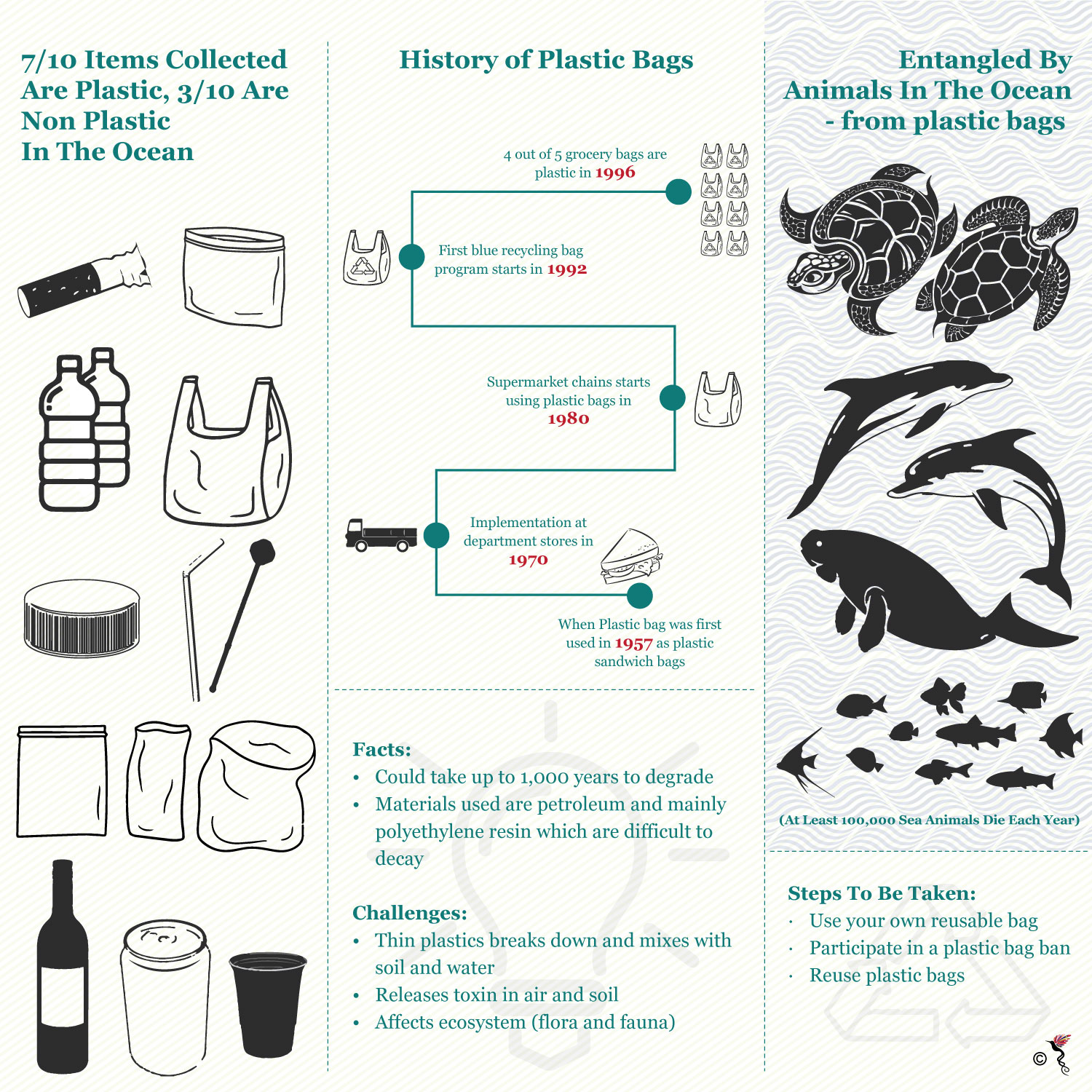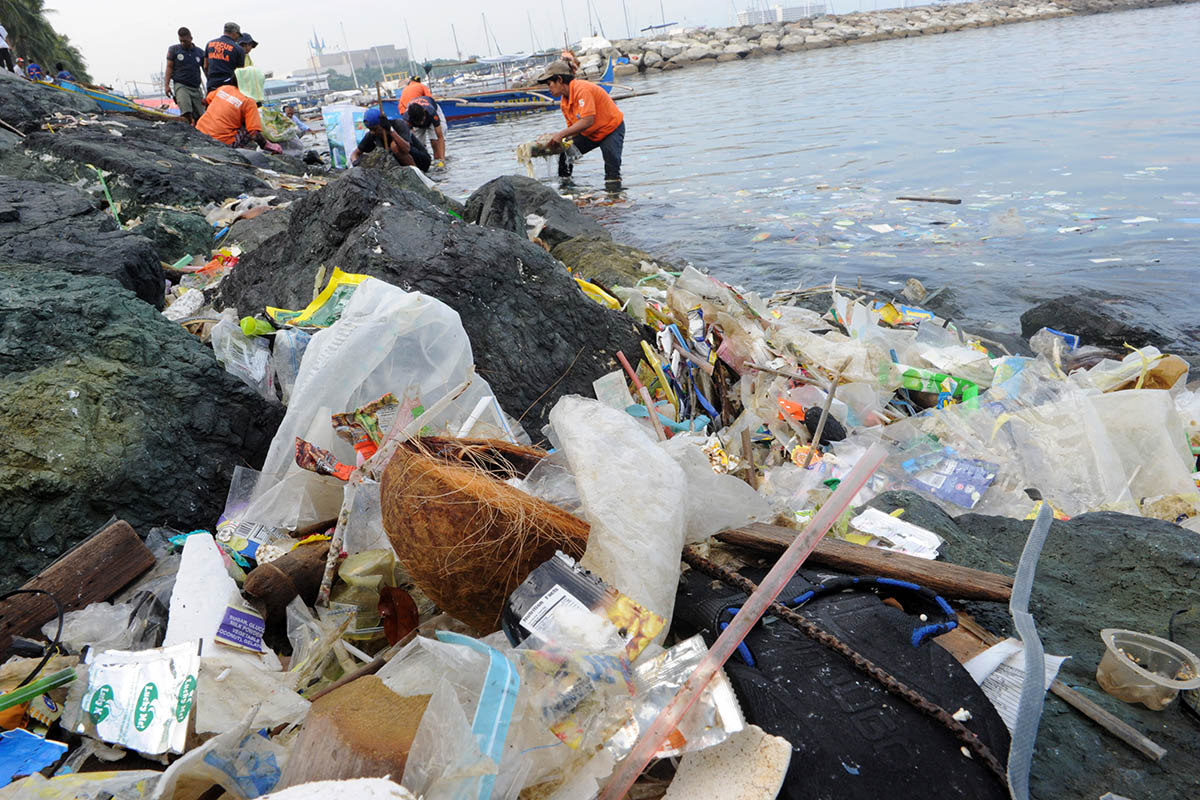All 10 of the ASEAN member states have officially started to ban the usage of single-use plastics in an effort to move towards addressing the pollution issues caused by plastics and marine debris as a united front.
In the Philippines, various groups such as non-governmental organisations, the United Nations and marine departments have urged the regional body to invest in the Zero Waste solution as an effort to reduce the usage of plastic bags and the consumption of single-use plastic domestically.
The term single-use plastic refers to bottles, straws, bags and items of the same category, which are then disposed after being used once.
Many Asian countries are adopting the organic waste management, which enables systematic trash collection, waste segregation and management. At the same time, more than 50 percent of these wastes are composed of organic components, which could be managed through the composting processes or bio-digestion treatments.
Meanwhile, the remaining wastes would undergo a water-treatment process through the waste water plant, which are either channelled into a landfill, condensed into fertilisers, or ingested by micro-organisms. This poses risk to other environmental problems as harmful residues are dumped into the ocean and is going out into the open seas.

Important facts about plastics and plastic pollution.
Amongst all 10 ASEAN member states, Indonesia, the Philippines, Vietnam, Thailand and Malaysia are leading the charge in the fight against plastic pollution within the region according to a 2015 study that was quoted by a Greenpeace news release on its official website.
Similarly, the Philippines, the current chairman of ASEAN, aims to get the ten member states to strengthen strategic measures on the conservation and sustainable management of the biodiversity and natural resources in the region.
The US Ambassador to Thailand, Glyn Davies also stressed that plastic pollution has become a pressing marine environmental issue in his speech during the recently-concluded US-ASEAN conference held in Bangkok, the capital city of Thailand. The two-day event was held on September 14-15.
He tweeted: "'Enemy #1? Plastic pollution...' as pollution in the region is still rising – about 269 million metric tons of plastic debris floating in the sea".
“Einstein once said a problem without a solution is a poorly stated problem. The goal of this conference is to seek solutions: To convene the brightest minds, the most engaged activists, and some of our most enterprising political leaders to tackle these challenges. Together. With concrete solutions as our goal,” he added.
In June this year, the Philippine government prohibited the use of plastic and Styrofoam across the whole of Boracay island. Malaysia, Thailand and Vietnam have also implemented tax on plastic bags in supermarkets and department stores. Aside from that, the online community has been circulated a video on bio-plastic – a product made from cassava roots originating from Indonesia – which is considered as an alternative to plastic bags by many netizens.
Furthermore, the Ocean Conservancy stated that if proper initiatives are taken by Indonesia, Vietnam, Thailand and the Philippines along with China, which contributed to 60 percent of the ocean's plastic pollution collectively, it might help to reduce 45 percent of the global plastic leakage by 2025.
